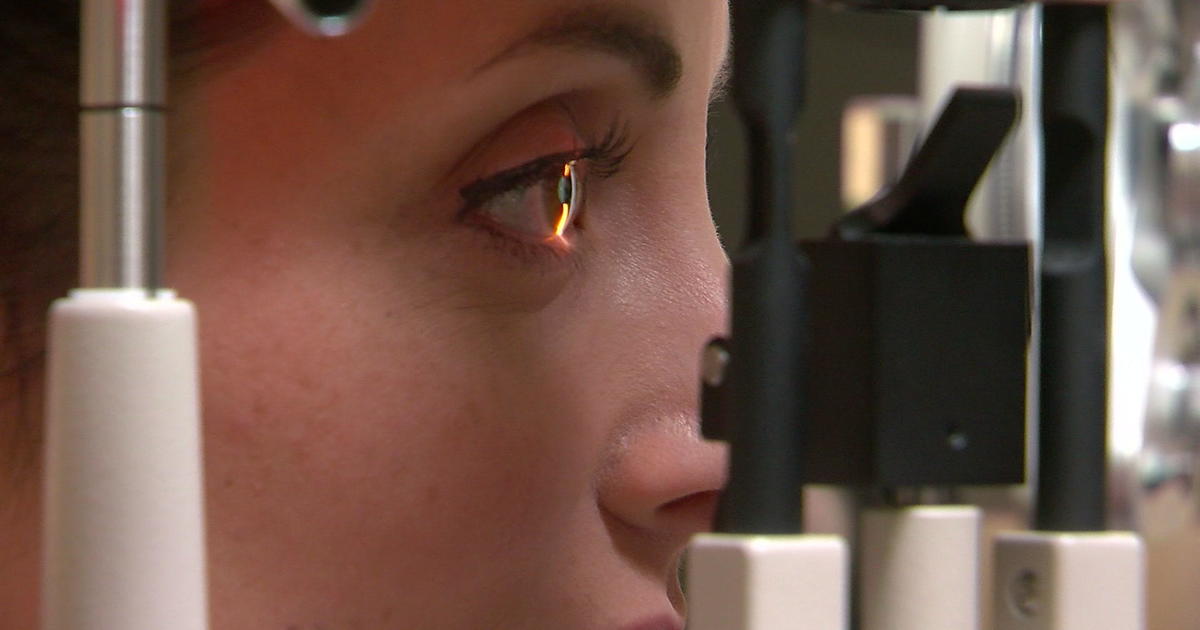Pittsburgh Doctors Offering Alternative To Traditional Health Insurance
PITTSBURGH -- In an office about the size of a studio apartment, Leslie Benedetto is forging a stronger bond with her doctor.
For years, she was going all over for appointments with doctors to help her three children, who battle several medical conditions. Trips to see doctors were not always easy.
"Especially with autism. That creates a lot of anxiety," the mother of three said.
She said doctors didn't always handle her childrens' needs delicately.
"You're not quite sure who you're going to be seeing that day," Benedetto said.
Last July, she and her family started visiting Dr. Natalie Gentile's practice in Highland Park. Dr. Gentile is part of the Direct Primary Care Physicians of Pittsburgh. They operate on a subscription basis, meaning patients pay a monthly fee and get full access to her.
The access can be anything from a late-night call or text or a next-day appointment.
"In the traditional model of primary care, that's not supported," Dr. Gentile said.
She says that's because traditional health care is basically just sick care.
"We are only going to see somebody when we have a problem that needs to be addressed acutely," Dr. Gentile told KDKA.
Under DPC, she and her fellow doctors try to create stronger patient-doctor relationships.
"I think, now more than ever, having that physician that you can easily access and run things by is very important," Dr. Gentile said.
To achieve this level of care, each practice has a set limit of patients, usually about 300. Most memberships for an individual are less than $100 a month.
Since this is outside of your traditional health insurance, DPC doctors recommend you keep at least catastrophic coverage for emergencies.
"If I go to the hospital- $100,000 to $200,000. At least you have something so you don't go bankrupt," Dr. Ahmad Khanijahani said.
Dr. Khanijahani is an associate professor of health policy at Duquesne University. He said this type of health care is best suited for people with chronic health issues who need to see a doctor more often.
"As a healthy person, you might not need to visit the doctor every week or month. You might have once or twice a year," he said over Zoom.
Dr. Khanijahani agrees a stronger connection with your doctor is beneficial, but he says making the switch also has to make sense financially.
Perhaps where direct primary care makes the most sense is for small business owners. Take Don Mahaney. Under traditional health benefits, he provided for his nine employees. Only three had doctor visits in a span of five years.
"It wasn't working for us. It was inordinately expensive," Mahaney said.
This spring, he switched to Dr. Gentile's practice. His business now covers doctor visits for employees, while they all contribute to a health share plan for emergencies.
He says it's actually saved the business about $500 a month.
"Any small business owner needs to be paying attention to the overall wellness of their staff. They're utterly essential," said Mahoney, who owns Scratch and Company in Troy Hill.
As for Leslie, her children are now more comfortable with their doctor and comfortable speaking with her, which means she can now take care of herself.
"I spent a lot of time at doctors, but it wasn't for my own care. So, it's given me the ability to do that," Benedetto said.
To learn more, here are some resources:



